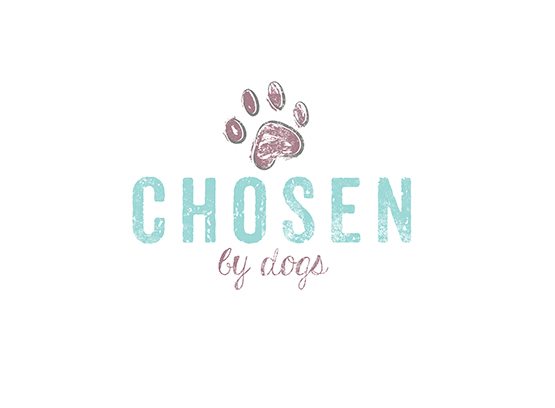Parvo is a deadly virus that, while primarily affecting puppies, can also be picked up by, and kill, adult dogs.
What does Parvovirus do?
Parvo attacks dividing cells, primarily in the intestine or the lining of the digestive system. By destroying these cells it renders an animal unable to absorb the nutrients from food and drink.
Symptoms
Diarrhoea – faeces will be liquid, yellow and have a foul odour with some evidence of blood
Lethargy – dogs with parvovirus are not interested in exercise
Vomiting – regurgitating food that has been rejected by the affected gut
Loss of appetite
Fever
Depression
Transmission
Parvo is transmitted through dog faeces. Some adult dogs can carry parvovirus without any signs of illness, but their stool harbours this killer. Birds coming into contact with infected faeces may carry it on their feet, so spread is impossible to restrict.
Despite the virus being able to infect all dogs and puppies, there are some breeds which are particularly susceptible to infection and which are also statistically less likely to survive. These include Rottweiler, Doberman and Labrador Retriever.
Survival Rate
Without treatment the survival rate is only 20%. Dogs treated promptly have an 80% chance of recovery.
Vaccination and Effectiveness
This is why it’s essential to vaccinate your dog, but even then vaccination effectiveness can be affected by low levels of antibodies in the mother’s milk.
If it becomes known that parvovirus has harmed dogs in your local area, minimise the risk of infection as much as possible. Ensure that water bowls and bedding are cleaned regularly and hose your dog’s paws to reduce the risk of them carrying the virus indoors and ingesting infected faecal matter when they lick them.
We hope this short piece has helped you to understand that vaccination isn’t guaranteed to protect your dog, particularly if it’s very young, from parvovirus.


